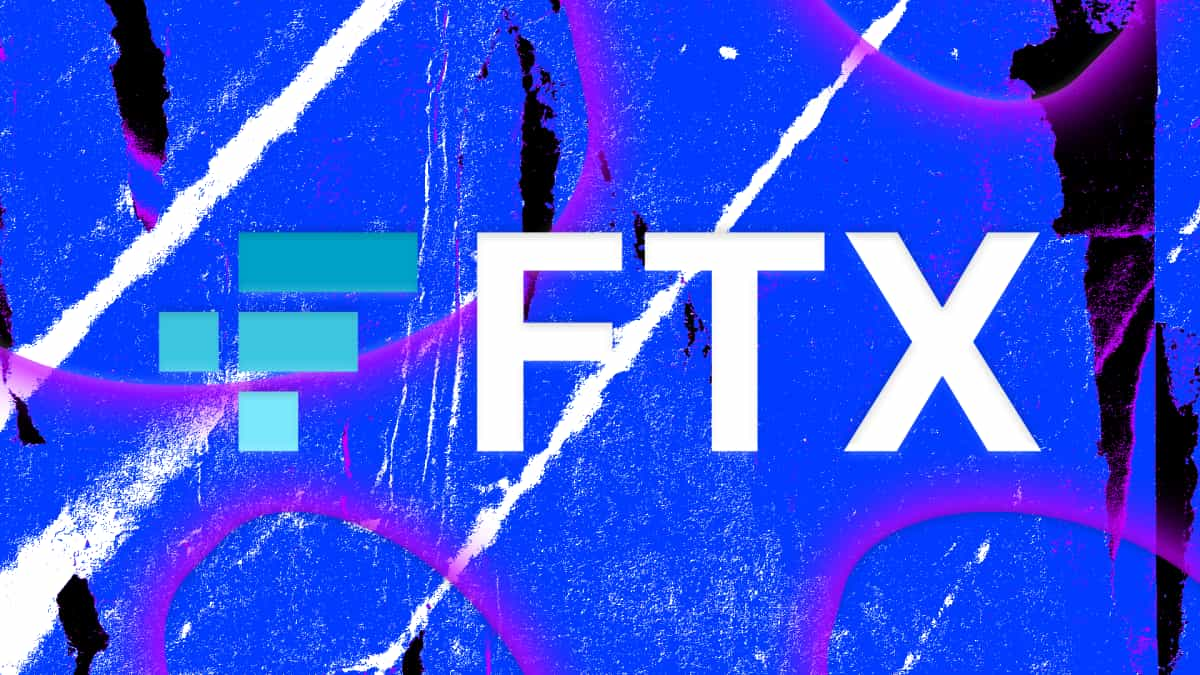Organized crime has gone online, and investigators need to digitize their operations: EU report


On Wednesday, the European Commission published its new strategy to fight an organized crime ecosystem that has become increasingly digitized.
The report, published on April 14, outlines a strategic time frame of 2021-2025 and heavily focused on the challenge of investigating organized crime within the European Union. Specific risk areas cited in the report include cryptocurrency transactions, dark markets, and malware, among others.
As the report noted:
"To detect and prosecute organised crime, investigators need to detect suspicious online activity, to track virtual currencies criminal transactions, to understand what they found (data can be encrypted or must be put in context with other data), to preserve the data and to use them as electronic evidence in court."
On the topic of organized crime transactions, the report stated that despite developments on the legal front, such activities are difficult to detect.
"Despite the development of the anti-money laundering and asset recovery legal frameworks, only a minor share of money laundering activities is detected, and only 1% of criminal assets is confiscated," the report said. "This has been aggravated by the increasing use of financial channels with more limited oversight than the banking sector, such as virtual currencies."
Taking the lead from recent actions against criminal networks like EncroChat and Sky ECC, the strategy also emphasized the need to stay abreast of such high-tech means for criminals to exchange information. Correspondingly, the EC also encourages greater development of the EU's international mechanisms of exchanging information and transferring criminal proceedings between member-states.
Once again, the focus was on digitized crime, with the commission emphasizing: "This requires coordination in developing tools and trainings, among Member States and across sectors in areas such as digital forensics, open source intelligence, cryptocurrencies, and darkweb investigations, e.g. to gain access to, and where possible take down, forums selling illegal goods and services."
New technologies have also appeared among the European Commission's priorities in a positive light. In November, the commission issued a call for a contract for a public-sector blockchain platform.



